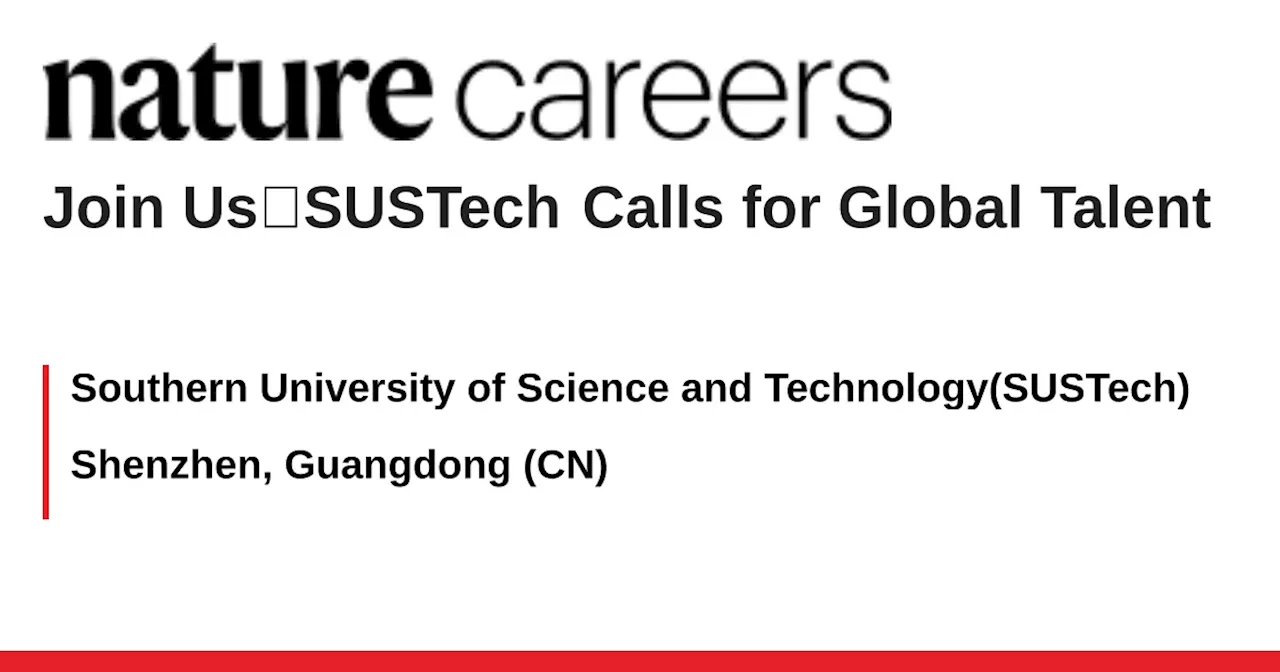This news article explores the psychological and sociological factors behind the popular TV game show where contestants try to identify hidden traitors. It examines the role of deception, human evolution, group dynamics, and cognitive biases in shaping the strategies and behaviors of players.
this evening, the TV game show where contestants try to uncloak the ruthless murderers who walk among them.is a goldmine of devious human behaviour to pick apart and analyse. And it isn’t just psychology. Game theory, human evolution and criminology are just some of the scientific fields that offer clues about the show’s Machiavellian dynamics.
Emmott says that we evolved to help ourselves ahead of others, so any altruistic behaviour seen on the show has a selfish benefit behind it. And such apparent altruism isn’t a bad tactic, whether you’re a faithful or a traitor. But here’s where Machiavellian intelligence comes in – because everyone knows the rules of the game, a good player won’t take altruistic behaviour at face value. “In this game, it’s not an honest signal because there could be ulterior motives to you cooperating,” says Emmott.,” says Wright. “ display preferential behaviour to people who are in that group with them.” This is why it all went wrong for Minah after recruiting Charlotte as a traitor.
HUMAN BEHAVIOR GAME THEORY PSYCHOLOGY EVOLUTION SOCIOLOGY
United States Latest News, United States Headlines
Similar News:You can also read news stories similar to this one that we have collected from other news sources.
 Understanding the Roots of Catfishing: A Look at the Psychological Motivations Behind Online DeceptionThis article delves into the reasons why individuals engage in catfishing, exploring the psychological factors that contribute to this deceptive online behavior. It examines the role of loneliness, insecurity, and the desire for connection, as well as the influence of the 'online disinhibition effect' and the allure of crafting idealized online personas.
Understanding the Roots of Catfishing: A Look at the Psychological Motivations Behind Online DeceptionThis article delves into the reasons why individuals engage in catfishing, exploring the psychological factors that contribute to this deceptive online behavior. It examines the role of loneliness, insecurity, and the desire for connection, as well as the influence of the 'online disinhibition effect' and the allure of crafting idealized online personas.
Read more »
 Southern University of Science and Technology Invites International Scholars for Prestigious Science Fund ProgramSouthern University of Science and Technology (SUSTech) invites outstanding international scholars to apply for the National Science Fund Program for Outstanding Young Scholars (Overseas). This program aims to attract exceptional young researchers from around the world to contribute to scientific and technological advancement in China. SUSTech has a strong track record of success in securing funding for this program. The application requires a minimum of 36 months of continuous teaching or research experience at overseas institutions after obtaining a doctoral degree, a history of recognized research achievements, and no previous full-time work experience in China. Selected scholars will receive a competitive compensation package, comprehensive benefits, research funding, and access to a dynamic research environment at SUSTech.
Southern University of Science and Technology Invites International Scholars for Prestigious Science Fund ProgramSouthern University of Science and Technology (SUSTech) invites outstanding international scholars to apply for the National Science Fund Program for Outstanding Young Scholars (Overseas). This program aims to attract exceptional young researchers from around the world to contribute to scientific and technological advancement in China. SUSTech has a strong track record of success in securing funding for this program. The application requires a minimum of 36 months of continuous teaching or research experience at overseas institutions after obtaining a doctoral degree, a history of recognized research achievements, and no previous full-time work experience in China. Selected scholars will receive a competitive compensation package, comprehensive benefits, research funding, and access to a dynamic research environment at SUSTech.
Read more »
 Live Science daily newsletter: Get amazing science every dayRead about the latest news, incredible discoveries and mind-bending advances in science by signing up for our daily email newsletter.
Live Science daily newsletter: Get amazing science every dayRead about the latest news, incredible discoveries and mind-bending advances in science by signing up for our daily email newsletter.
Read more »
 The Science Behind Pink ChickenThis article explores why some cooked chicken remains pink and debunks common myths about blood in poultry. It explains the role of myoglobin in meat coloration and clarifies the difference between pink meat and blood.
The Science Behind Pink ChickenThis article explores why some cooked chicken remains pink and debunks common myths about blood in poultry. It explains the role of myoglobin in meat coloration and clarifies the difference between pink meat and blood.
Read more »
 Sleep Quality: The Science Behind a Good Night's RestWhile scientists are still unraveling the complexities of sleep quality, we know it involves distinct brain activity cycles crucial for feeling refreshed. Disrupting these cycles can have short and long-term health consequences. This article explores how sleep cycles are measured and the importance of each stage for optimal well-being.
Sleep Quality: The Science Behind a Good Night's RestWhile scientists are still unraveling the complexities of sleep quality, we know it involves distinct brain activity cycles crucial for feeling refreshed. Disrupting these cycles can have short and long-term health consequences. This article explores how sleep cycles are measured and the importance of each stage for optimal well-being.
Read more »
 The Amazing Science Behind Egg ProductionThe article explores the intricate process of egg production in birds, highlighting how mothers can manipulate various aspects of the egg composition before laying. It delves into the factors influencing egg manipulation, such as genetics, hormones, and environmental conditions.
The Amazing Science Behind Egg ProductionThe article explores the intricate process of egg production in birds, highlighting how mothers can manipulate various aspects of the egg composition before laying. It delves into the factors influencing egg manipulation, such as genetics, hormones, and environmental conditions.
Read more »
